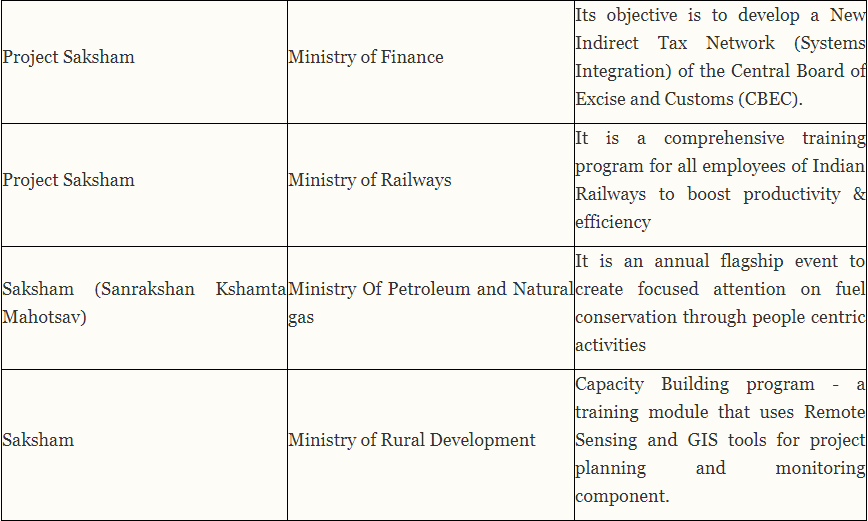Tamil Nadu Defense Industrial Corridor
- Defense Minister launched the Tamil Nadu Defense Industrial corridor.
- The Corridor, also called the Tamil Nadu Defense Production Quad, will connect Chennai, Hosur, Salem, Coimbatore and Tiruchi around which investments are expected to grow.
- Ordnance Factory Board (OFB), Defense public sector units and private sector companies like TVS group announced investments along the corridor.
- Development of these corridors will help in accelerated growth and regional industry agglomeration, which will lead to increased defense production in the country and the region.
- Besides a defence innovation hub was also launched in Coimbatore.
World Capital of Architecture
- UNESCO has named the Brazilian city of Rio de Janeiro as the World Capital of Architecture for 2020.
- Rio has a mix of modern and colonial architecture.
- It will be the first city to receive the title under a programme launched together by UNESCO and the International Union of Architects (UIA) in November 2018.
- Rio houses some world-renowned sites like the statue of Christ the Redeemer and contemporary constructions like the Museum of Tomorrow.
- The city is also home to works of renowned architects such as Oscar Niemeyer, who also designed the capital city of Brasilia.
Saturn’s Ring
- Saturn’s rings may be formed between 100 million and 10 million years ago.
- Thus they might be much younger than the 4.5-billion-year-old planet.
- Four robotic spacecraft -Pioneer 11, Voyager 1, Voyager 2 and Cassini -played a major role in understanding the rings.
- The rings consist of a large number of small particles that orbit Saturn.
- According to the NASA they are about 400,000 km — equivalent to the distance between the Earth and the Moon — but are as little as 100 m thick.
- There are many rings — perhaps 500 to 1,000 — and there are also gaps within them.
- Particles range in size from “too tiny to see” to “the size of a bus”.
- Scientists believe the particles are icy snowballs or ice covered rocks.
Extinction risk for coffee species
- A new study has found that 60% all coffee species are at the risk of extinction from disease, climate change, and the loss of suitable space to grow coffee.
- The species at risk include Arabica, the most widely consumed coffee variety in the world.
- Arabica alone accounts for 60% of world coffee trade, and Robusta for the remaining 40%.
- Given the threat, other coffee species are likely to be required for coffee crop plant development.
- There are two optimal growing climates for Arabic coffee bean
- The subtropical regions-at high altitudes of 16-24° Rainy and dry seasons must be well defined, and altitude must be between 1800-3600 feet.
- The equatorial regions at latitudes lower than 10° and altitudes of 3600-6300 feet
- Robusta coffee is grown at much lower altitudes (sea level-3000 feet) in an area 10° North and South of the equator.
- It is much more tolerant to warm conditions than Arabica coffee.
Saksham 2019
- Saksham is an annual high intensity one-month long people-centric mega campaign of Petroleum Conservation Research Association (PCRA) under the aegis of Ministry of Petroleum and Natural Gas.
- Various interactive programs and activities are being planned by PCRA, Public Sector upstream/downstream Oil & Gas companies during the month long ‘Saksham-2019’.
- PCRA is a national government agency engaged in promoting energy efficiency in various sectors of economy.
- It is a not for profit organization.
- It helps the government in proposing policies and strategies for petroleum conservation, aimed at reducing excessive dependence of the country on oil requirement.

Source: PIB, The Hindu, Indian Express